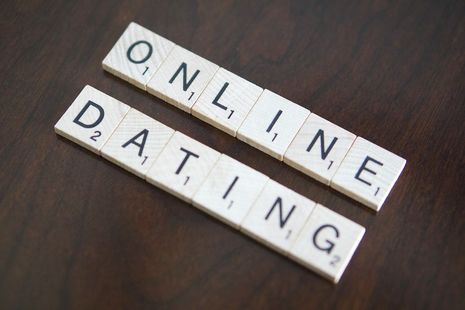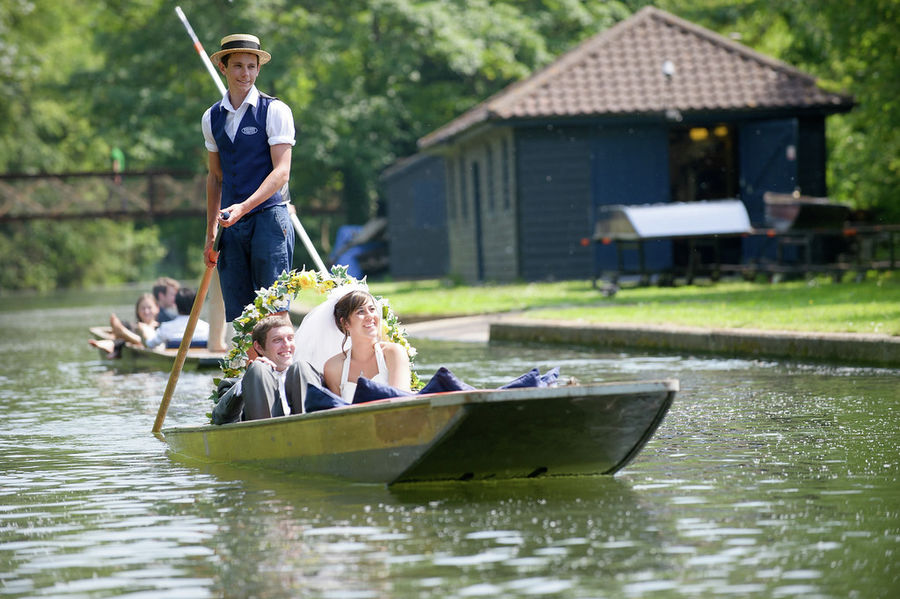
Adventures in validating apps
We need to stop swiping in our search for self-worth, writes Rachel Imrie

Whether done in a flash of drunken confidence or induced into action by a pint of ice cream and an ill-advised late-night rom-com marathon, the decision to join ‘the apps’ is always a fateful one.
Like every first time, the first time you decide to bare your soul via a witty one-line bio and relinquish yourself to the unfettered rejection of total strangers is always a deeply personal experience, one bound to be retold to future generations. One day, grandchildren will gather round the fire to hear of this early 21st century rite of passage, listening intently to grandma’s various exploits with ‘Joe – 6ft 2 if it matters’ and ‘Craig – Promise I’m not just a boring STEM student’. Grandma will sigh and say that Craig’s admission was all for nought. Because he was just a boring STEM student. They always are.
When I say ‘the apps’, I do of course mean ‘the app’, Tinder. By now we’re all familiar with its particular eccentricities, having abandoned what little concern we may have once had for our self-esteem and human decency upon downloading the beloved and bewitching little app. Whilst we previously might have thought it cruel to pass judgement over our fellow creatures with a callous flick of the thumb, or to spontaneously decide to stop talking to someone in the middle of a light-hearted conversation, it’s all now part of the game. And, indeed, it is a game.
“Tinder’s a Konami Code where the only Easter Eggs you can unlock are stilted small talk and the occasional trip to Spoons”
Blue? Right. Snapchat filter? Yikes, left. Dated your best mate? Hard left. Right. Right. Left. Oh, I know him from my lectures! Right. It’s a match! Brief dopamine high. Quickly realise that you’ve now created an unassailable awkwardness which means you can never make eye contact with him again. Shrug. Carry on. Left. Left. Left.
Tinder’s a Konami Code where the only Easter Eggs you can unlock are stilted small talk and the occasional trip to Spoons. And that’s only if you get to the really advanced levels.
If you do manage to ‘complete’ Tinder (be sure to save your progress and collect all the badges), there are other options. Bumble, and the more recent entry into the rather dismal scene, Hinge, both claim to be geared more towards actual relationships. Each allow you to apply various filters, like height and political affiliation, to find more appropriate matches. Who would have thought that applying the logic of ASOS sale shopping would be the key to uncovering my diamond in the rough?
Dating apps, no matter their individual marketing gimmicks and peculiarities, all offer their users a number of common benefits. Although there’s always the potential for a lasting relationship, at university at least, this is a story so rarely told that we know only how to tell it in either the ethereal imagery of fairy tales or the hushed whispers of hearsay.
Instead, it is the benefits which are much more easily accessed and exploited which we come to expect from our intermittent engagement with our apps: the endless stream of nearby singletons, the convenient access to company, and, most importantly, a sense of our own worth and attractiveness which is both tangible and measurable.
Whilst the short-term satisfaction of discovering that this attractive person finds us attractive – and therefore we must be attractive – is appealing, the feeling evidently does not last. If it did, we may actually take pause from our swiping and invest some time into messaging that person. Instead, we remind ourselves that they need only find us attractive enough to move their thumb incrementally to the right over the left, that we ought to just uncover more matches to accumulate more self-worth coins – better that than face the rejection of them not messaging us back. With dating apps, more is always more.
Most of us have a somewhat unhealthy relationship with our apps and we know it. So, if dating apps are a game, perhaps the final boss is not attaining marital bliss as we might have previously thought, but overcoming our insatiable appetite for validation.

